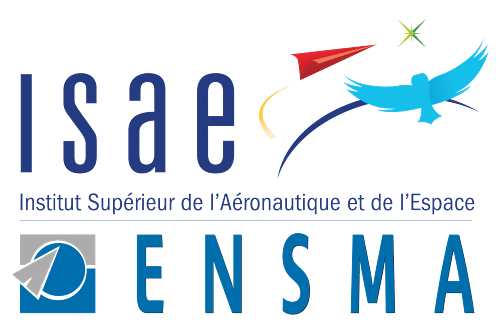Campus
Student projects and competitionsISAE-ENSMA students participate in various national and international student projects and competitions organized by organizations or industrial groups (CNES, Planète Sciences, Dassault Aviation, ArianeGroup, ESA, Safran, etc.).
For these student projects/competitions, students work in teams within the framework of pedagogical activities (design offices and projects) or independently. Most of the “Student Projects/Competitions” activities are attached to the ESP club « ENSMA Space Project ».
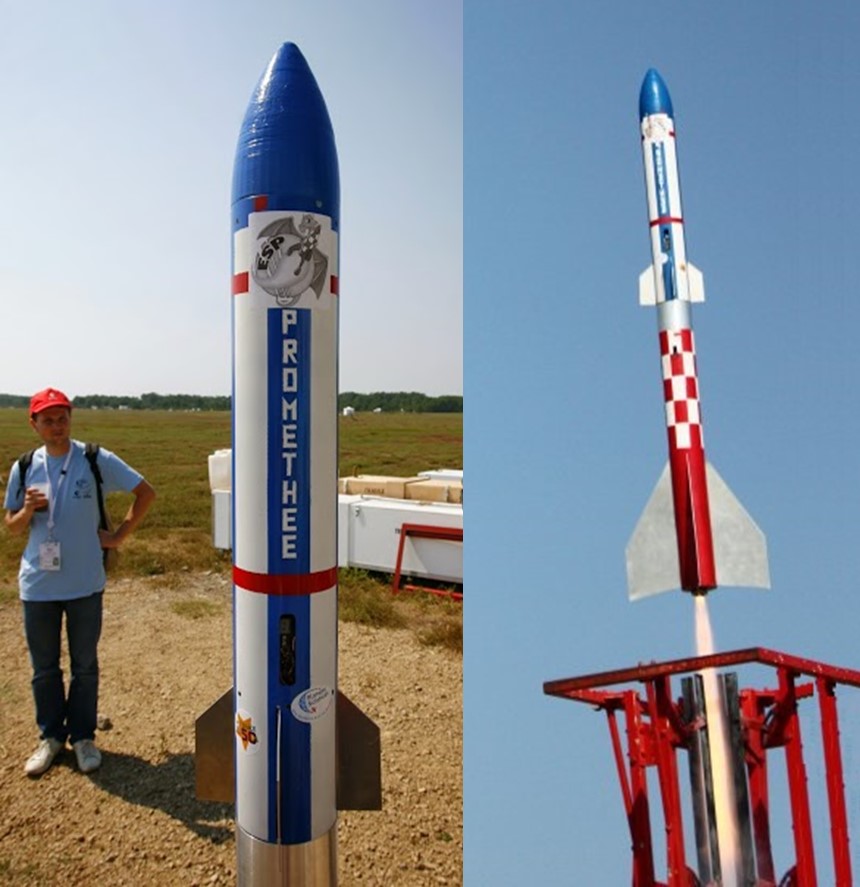
Mini-rocket and experimental rockets
These projects are organized by CNES in collaboration with Planète Sciences.
ISAE-ENSMA students work on two types of rockets: they generally start by building a mini-rocket and then move on to the next stage with the design and construction of an experimental rocket (Fusex). For a mini-rocket (about 1 meter long), the objective is to design a system that triggers the deployment of a parachute at culmination. A Fusex, such as the Fusex Prometheus II, is a larger rocket (2 to 3 m) that can reach an altitude of up to 2 km. It is intended to be the vehicle for one or more scientific or technological experiments.
Presentation of different mini rockets and Fusex of ISAE-ENSMA on the ESP website.
Since 2012, teams from ISAE-ENSMA have participated in the launch of their rocket during C’Space, the annual meeting of students with space, and they have won several awards.
Some of these teams have also participated in the “Space and Industry Prize” organized by Planète Sciences in partnership with GIFAS (MBDA prize in 2017 for the “ENSMA” rocket).
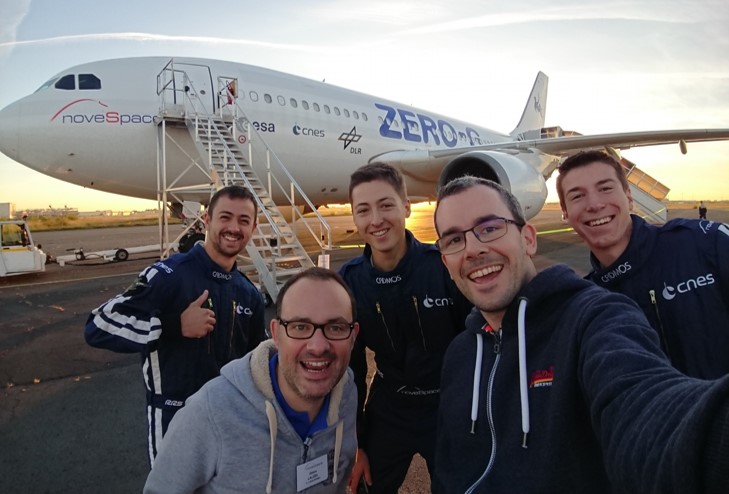
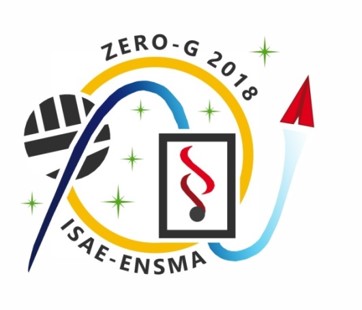
Parabole
The Parabole project proposed by CNES consists of designing and carrying out a scientific experiment that is implemented during a flight in microgravity aboard the Airbus A310 ZeroG.
Each year, three teams are selected at the national level. During the last ten years, three teams of 4 to 6 students from ISAE-ENSMA and members of the P’ Institute have participated in the parabolic flight campaigns:
– in 2012, with the study of the oscillating heat pipe ;
– in 2018, with the dynamic study of a thermal plume subjected to variable gravity. See the article “2018 campaign: weightless Ensmatics! ” ;
– in 2021, with the study of the influence of gravity on the morphology of a water column.
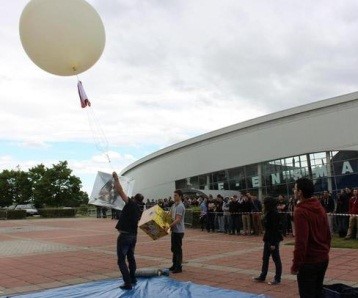
Stratospheric balloon
The project is organized by the CNES in collaboration with Planète Sciences.
The students of ISAE-ENSMA carried out two projects of balloon-probe, one concerning the study of the absorption of solar radiation by the atmosphere, and the other concerning the measurement of the concentration of ozone in the atmosphere.
See the article “ISAE-ENSMA at the frontiers of space“.
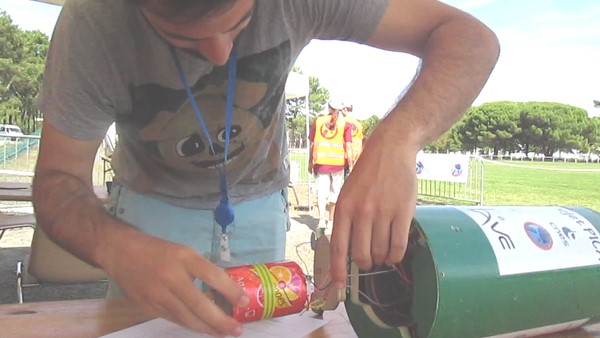
CanSat
This project, organized by CNES and Planète Sciences, consists in designing and realizing a space probe – an autonomous device fulfilling the functions of a satellite – in a can, having to fulfill free and imposed missions.
Teams from ISAE-ENSMA have participated in several editions of the CanSat competition, which takes place every year during C’Space.
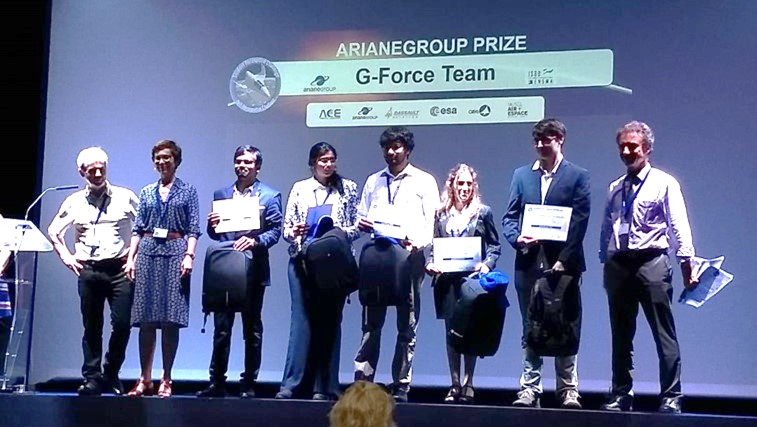
Student Aerospace Challenge
The European Student Aerospace Challenge, proposed by the ACE (Astronaut Club Europe) and its industrial and institutional partners (including ArianeGroup, Dassault Aviation and ESA), focuses on the study of a VSH (Manned Suborbital Vehicle). Students have the opportunity to work on one of the many themes proposed: structure, reusable propulsion, aerodynamics and flight quality, etc.
Teams of five students from ISAE-ENSMA have participated in different editions and presented their work during the Suborbital Day. Some have won awards, such as the G-Force team in 2018, which won the ArianeGroup prize.
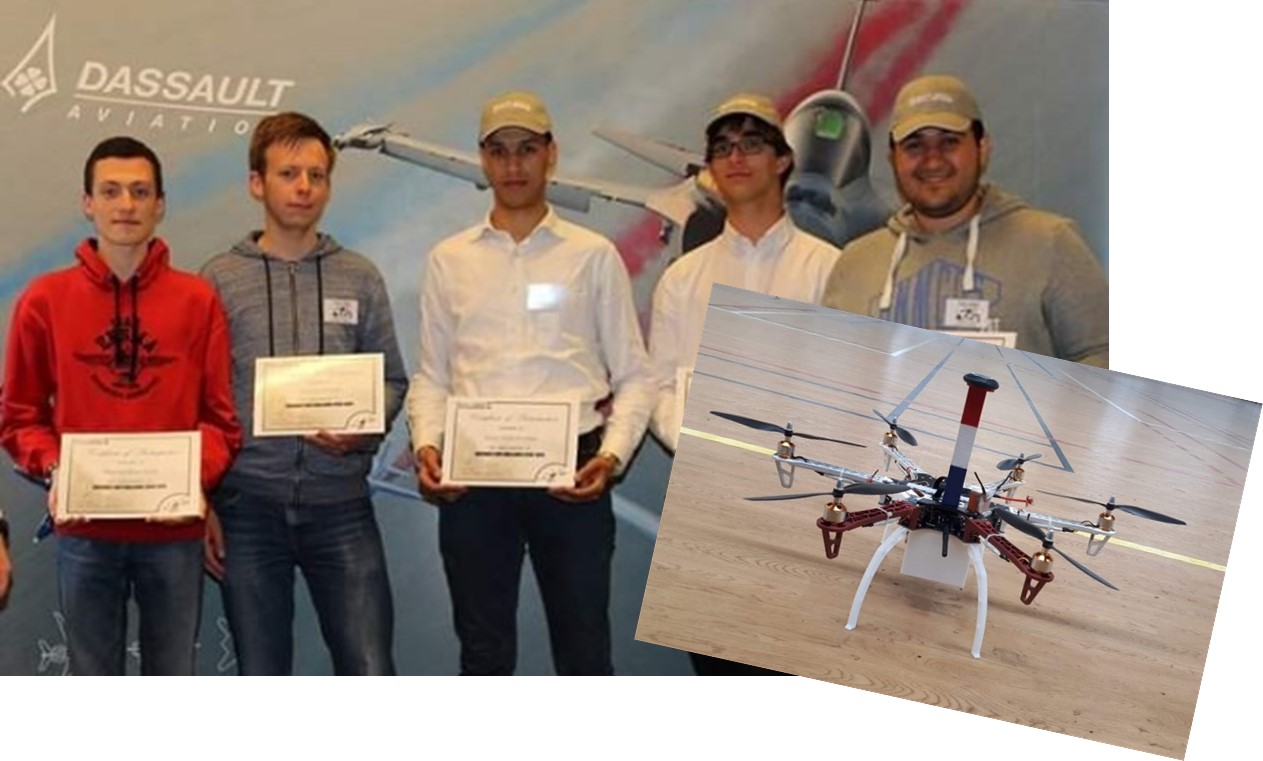
Dassault UAV Challenge
The UAV Challenge (Unmanned Aerial Vehicle) organized by Dassault Aviation is a student challenge whose goal is to assemble a hexacopter drone (drone with six rotors) integrating various sensors, which must accomplish missions in total autonomy. The tests proposed to teams of students from universities and engineering schools are getting more complex every year. Each year, the different teams compete against each other during a weekend. ISAE-ENSMA has participated in every edition of the Dassault UAV Challenge since 2014.
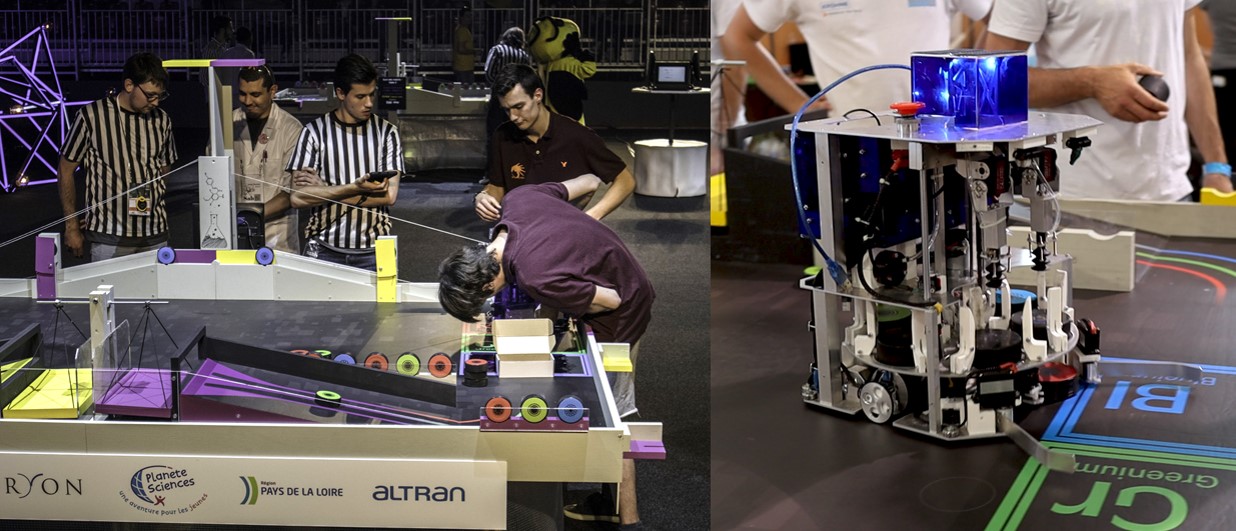
Robot / French Robotics Cup
ISAE-ENSMA students from the ENSMASTEEL association have participated every year since 2015 in the Coupe de France de Robotique organized by Planète Sciences.
The aim is to design and build an autonomous robot that must perform several actions on a different theme each year. In 2021, with “Sail the World”, the robots will sail around the world.
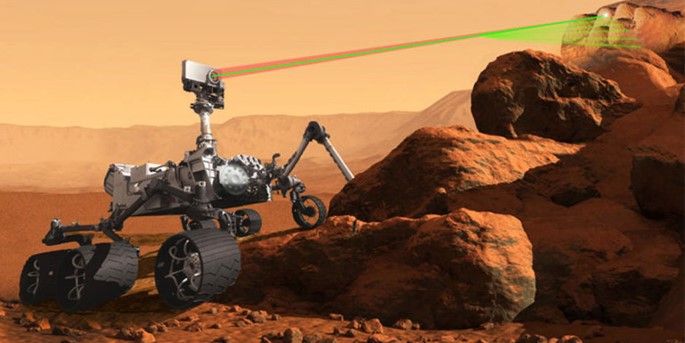
Creaspace Project: Modular Rover
Following a call for student projects from CNES on the theme of space, a team of students from ISAE-ENSMA has been selected with its project “Robot in kit – Modular Rover”. The objective of this project, initiated in 2017, is the realization of a functional model/demonstrator of a rover whose modules (arm, camera, solar panels, etc.) can be changed in a simple, efficient and fast way, and this at a distance and without human presence.

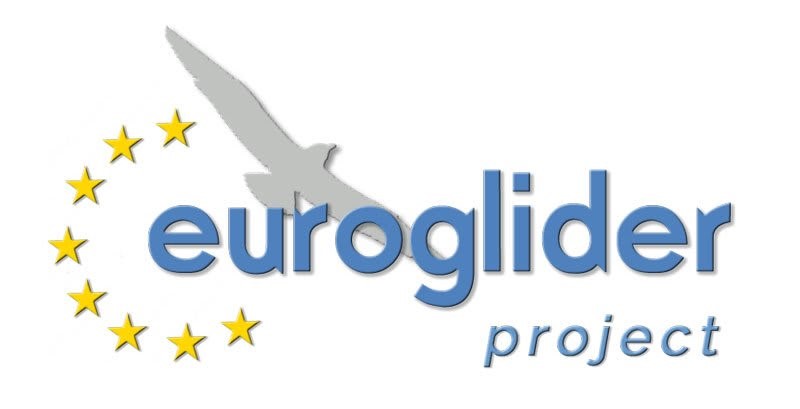
Euroglider
The Euroglider project aims to develop an autonomous, electrically-powered, two-seater glider for training and education. This project was launched at the end of 2014 by the European Association for the Development of Gliding (AEDEVV) and Dassault Aviation, in partnership with the engineering schools of the ISAE Group including ISAE-ENSMA.
See the article “The Euroglider electric glider project takes off“.
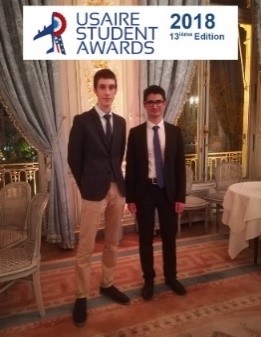
USAIRE Student Awards
USAIRE Student Awards is an international student competition organized by USAIRE Aerospace Business Club, which gathers the main actors of the aerospace sector, in partnership with the ORAJe network. The objective of this competition is to get students thinking about a theme, specific each year, that addresses the challenges of the aerospace and defense industry. In 2018, two students from ISAE-ENSMA won second prize in the competition with their study “Technological disruptions related to biomimicry in the aerospace sector”.
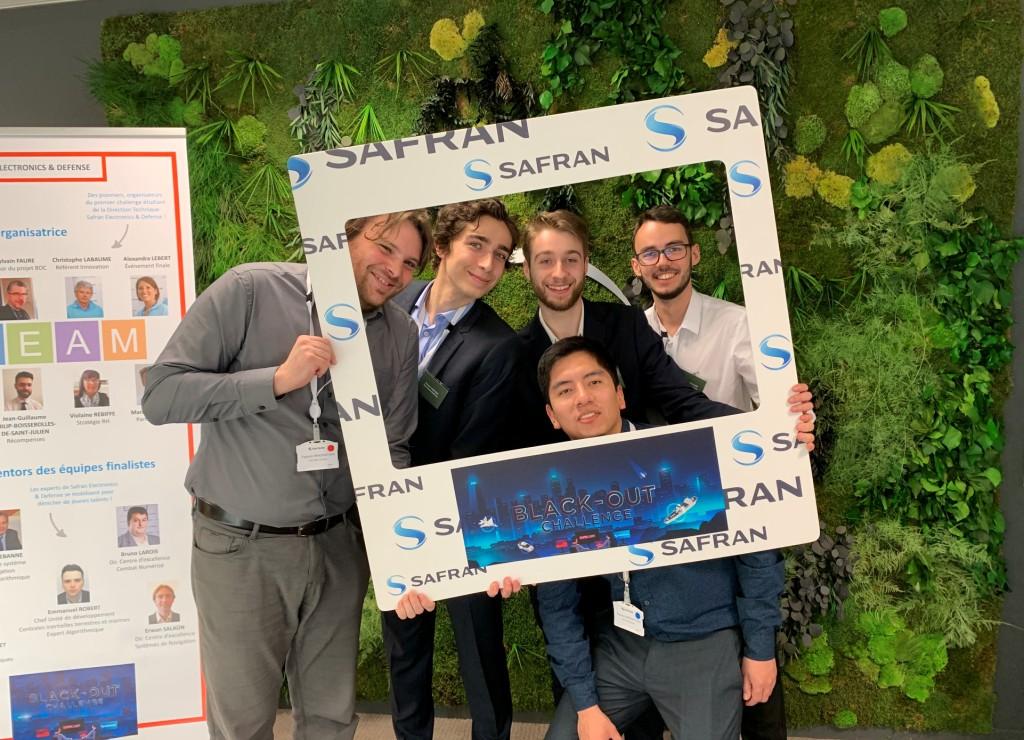
Black-out Challenge
Safran Electronics & Defense has been offering the Black-out Challenge to engineering students since 2019. The aim is to find a solution to a technological challenge, within the framework of a disaster scenario imagined by Safran.
For the 2019 edition, three teams from ISAE-ENSMA (out of 220 participating teams) were among the 20 teams selected for the second phase. One of them, the “NeuroCompass” team, was selected for the final, which took place at Safran Tech in Saclay.
See the article “Ensmatiques finalists in Safran’s Black-Out Challenge“.
